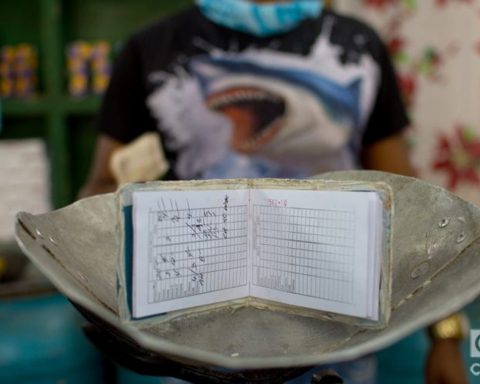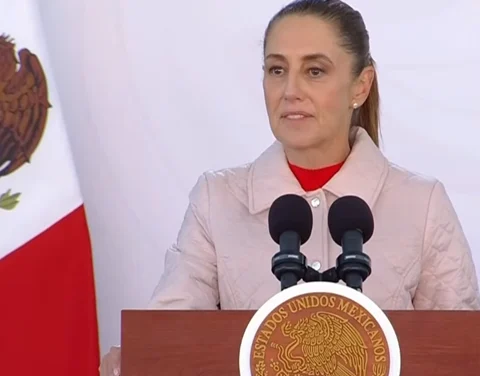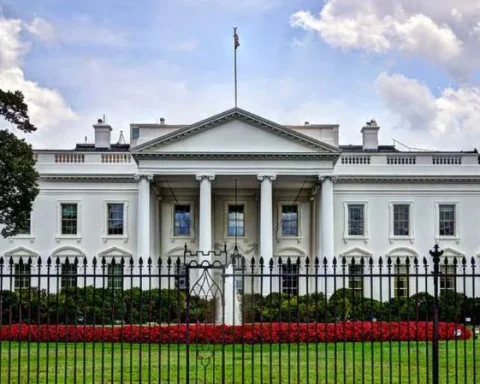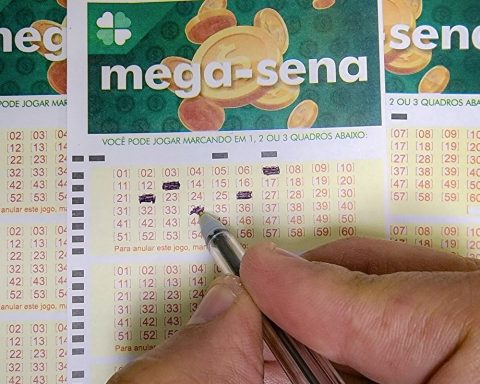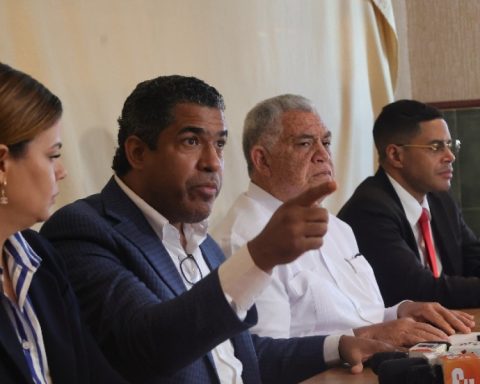AREQUIPA, Peru – In “control actions” carried out by the Ministry of Domestic Trade (MINCIN) of Cuba between September 2 and 6, the authorities of the regime were verifying compliance of Resolution 93 of the entity.
To this end, some 1,767 establishments were visited (of which 695 were state-owned and 1,072 were non-state-owned), hundreds of violations were detected and the same number of sanctions were imposed.
On November 2nd, it will be one year since the publication in the Official Gazette of Resolution 93 of the MINCIN, which establishes as a requirement for commercial establishments subject to registration in the Central Commercial Registry, temporarily or permanently, to have payment facilities through national gateways or point-of-sale terminals for the marketing of goods and provision of services to the consumer.
Speaking to the official medium GranmaInalvis Smith Lubén, deputy minister of MINCIN, stated that 71% of the actions were concentrated on self-employed workers (52%) and establishments in the local subordination trade system (19%).
Overall, the official explained, 506 violations were recorded, with 459 measures applied; of these, 58 establishment closures, 17 withdrawals of Commercial Authorization, and 384 fines for a total amount of 1,044,515 pesos.
Smith Lubén indicated that the violations did not behave equally throughout the Island: for example, they were not determined in Santiago de Cuba, insufficient control actions were carried out in Villa Clara and the Isla de Juventud, and a low application of measures was evident in Pinar del Río and Camagüey.
There were also 602 intervention actions in relevant marketing areas and in agricultural markets where the call was to promote digital payments.
The official report gave as an example the violations of a private business in Havana (unidentified) who posted on his social networks, approximately a month ago, about the start of a new modality for those who made the payment of services through electronic means: the surcharge of 10% to the final amount.
The incident merited the intervention of the Castro authorities, but it is “a practice that persists,” the official press acknowledges.
Smith Lubén stressed that the following are subject to this obligation: state-owned companies and budgeted units, all types of foreign investment, non-agricultural and agricultural cooperatives, micro, small and medium-sized enterprises (MSMEs), self-employed workers, independent agricultural producers, local development projects and non-profit associative forms that do business.
MINCIN Resolution 93, as well as the subsequent measures in response to its non-compliance, are part of the process of banking the economy launched by the Castro regime in August 2023.
In an interview with CubaNet, Economist Elías Amor described the measure as a “disruption in the sphere of small and marginal economic relations” in Cuba and described it as an “exercise in economic repression.”
In addition, the expert held that the mandatory use of payment instruments and credit instruments other than cash, in particular electronic means of payment, requires an organisational effort for many economic actors, especially private and smaller ones.

